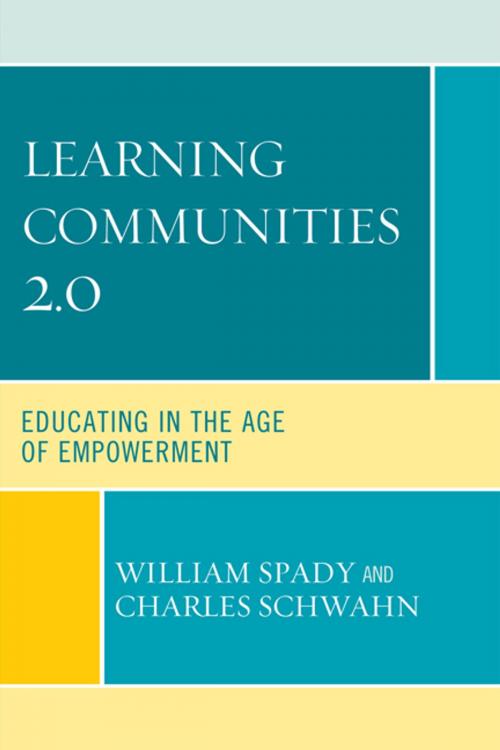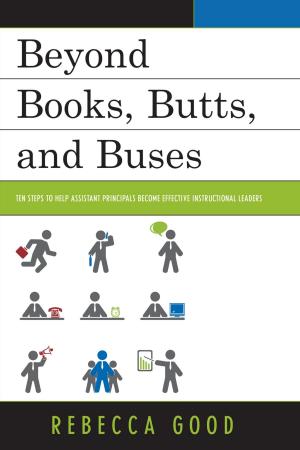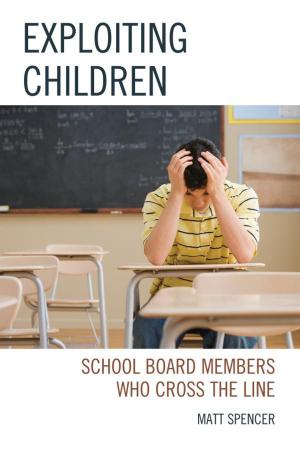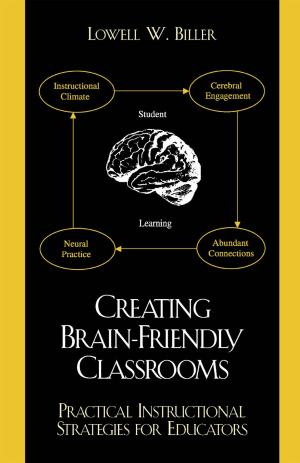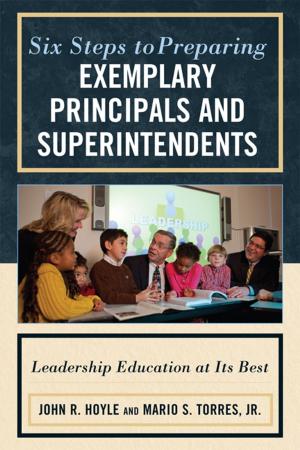Learning Communities 2.0
Educating in the Age of Empowerment
Nonfiction, Reference & Language, Education & Teaching, Educational Theory, Educational Reform| Author: | William G. Spady, Charles J. Schwahn | ISBN: | 9781607096085 |
| Publisher: | R&L Education | Publication: | April 16, 2010 |
| Imprint: | R&L Education | Language: | English |
| Author: | William G. Spady, Charles J. Schwahn |
| ISBN: | 9781607096085 |
| Publisher: | R&L Education |
| Publication: | April 16, 2010 |
| Imprint: | R&L Education |
| Language: | English |
Learning Communities 2.0 is an insightful, incisive, and paradigm-shifting critique of today's coercive, 'inside-the-box,' Industrial Age testing and accountability movement, which authors Spady and Schwahn describe as a politically driven, backward-facing juggernaut masquerading as reform. They call the compelling intellectual, functional, and moral alternative described in this book Empowering Learning Communities (ELCs). Drawing on mountains of insightful research and innovative practices from their vast experience and international consulting work in education, they clearly, systematically, and compellingly describe the distinguishing and defining components of ELCs, why ELCs are desperately needed in today's Age of Empowerment, how ELCs differ from 'educentric' schools, how ELCs function, the life-performance outcomes that shape ELCs' instructional priorities, and the strategies, frameworks, and transformational technologies that local communities can use to design and implement the key elements of ELCs in a number of creative ways. This is education's inevitable future.
Learning Communities 2.0 is an insightful, incisive, and paradigm-shifting critique of today's coercive, 'inside-the-box,' Industrial Age testing and accountability movement, which authors Spady and Schwahn describe as a politically driven, backward-facing juggernaut masquerading as reform. They call the compelling intellectual, functional, and moral alternative described in this book Empowering Learning Communities (ELCs). Drawing on mountains of insightful research and innovative practices from their vast experience and international consulting work in education, they clearly, systematically, and compellingly describe the distinguishing and defining components of ELCs, why ELCs are desperately needed in today's Age of Empowerment, how ELCs differ from 'educentric' schools, how ELCs function, the life-performance outcomes that shape ELCs' instructional priorities, and the strategies, frameworks, and transformational technologies that local communities can use to design and implement the key elements of ELCs in a number of creative ways. This is education's inevitable future.
